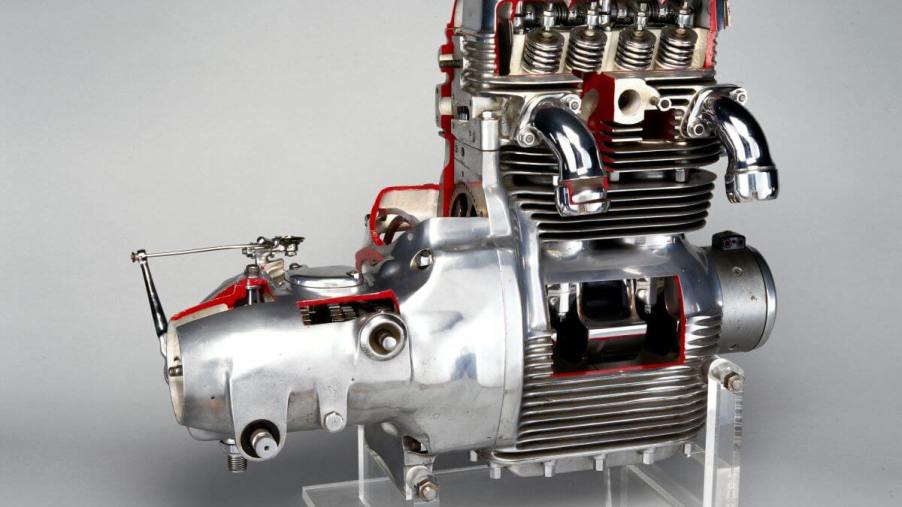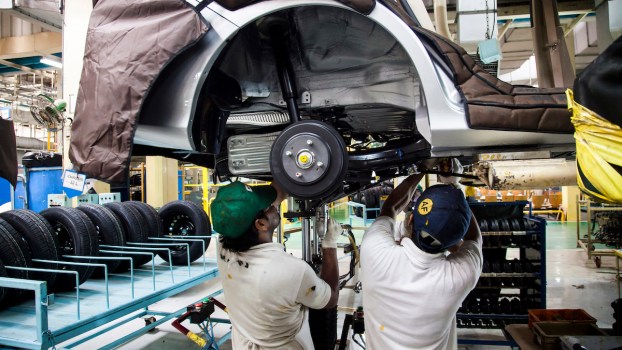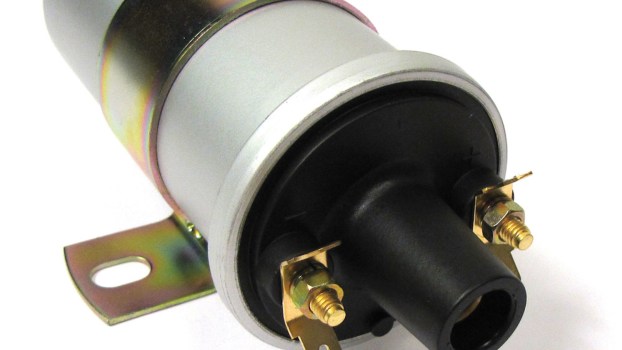
What Is an Ignition Coil and How Much Does It Cost to Replace One?
A car’s inner workings are composed of many small parts, and each one does its own unique job to keep your vehicle moving. When one fails, prompt maintenance is necessary to ensure that no further harm extends to your car’s major mechanical components. So, if you can’t get your car’s engine to start smoothly, it might be time to replace the ignition coil.
What does an ignition coil do?
An ignition coil is responsible for supplying high voltage to spark plugs, which speeds up the engine’s combustion process. This coil is located in the ignition system and has two main parts. One end is connected to the ignition system, and the other is to the battery. Its two wiring sections are attached to a cylinder-like housing protecting the core and terminal, which helps convert the electric charges.
Magnetic currents flow through the wires from the battery and quickly collapse, causing a high-voltage reaction in the spark plugs. After that, the air-fuel mixture in the engine cylinders is ionized, and the resulting spark ignites the mixture. This initiates the combustion needed to start your vehicle.
What are the symptoms of a bad ignition coil?
If the ignition coil isn’t working correctly, your engine won’t receive all the necessary power. You may experience an engine misfire while driving, during which your car will struggle to accelerate. Engine misfires can occur randomly or under specific circumstances, like soon after starting your vehicle. As the engine hesitates, you may feel a sudden jerking motion whenever your car starts moving after idling for a while. Once an engine misfire occurs, you’ll probably receive an illuminated Check Engine light on your dashboard.
A bad ignition coil also creates hard starts, even causing the engine to idle or completely shut off in the process. You may hear a loud bang if the engine backfires. Too many backfires can cause damage to your entire ignition system as well as the engine. Additionally, your vehicle’s gas mileage will worsen if you leave this problem unaddressed.
Per RepairSmith, ignition coils usually go bad when exposed to excess moisture that promotes corrosion around the wires and spark plugs. Once the spark plugs are damaged, they’ll put more stress on the coil and eventually cause it to overheat. Ignition coils can also wear out due to engine vibrations as a result of other problems inside the ignition system.
How much does it cost to replace ignition coils?
J.D. Power says that a single ignition coil replacement costs anywhere between $100-$300. Those are usually found in older vehicles, but newer ones might use distributorless ignition system (DIS) coils or a coil-on-plug system. These types are attached directly to the spark plugs, which promotes smoother electricity conversion. Despite having fewer parts than a standard ignition coil, either of those setups can cost up to $600 to replace.
We recommend avoiding generic replacements in favor of OEM parts, which will last the longest. You’ll also have to pay at least $50 in labor charges for a standard replacement. The more complex systems can incur labor fees of $150 or more.
Can you still drive with a faulty coil?
While it might cause a lot of frustration, you can still drive your car for a little while with a bad ignition coil. Just don’t expect the problem to go away on its own. Outside of the spark plugs, a bad coil can also cause your car’s fuel injector or catalytic converter to deteriorate. Multiple faulty engine components can rack up thousands of dollars in repairs. If you suspect that your coil is bad, it’s best to get it replaced ASAP.




